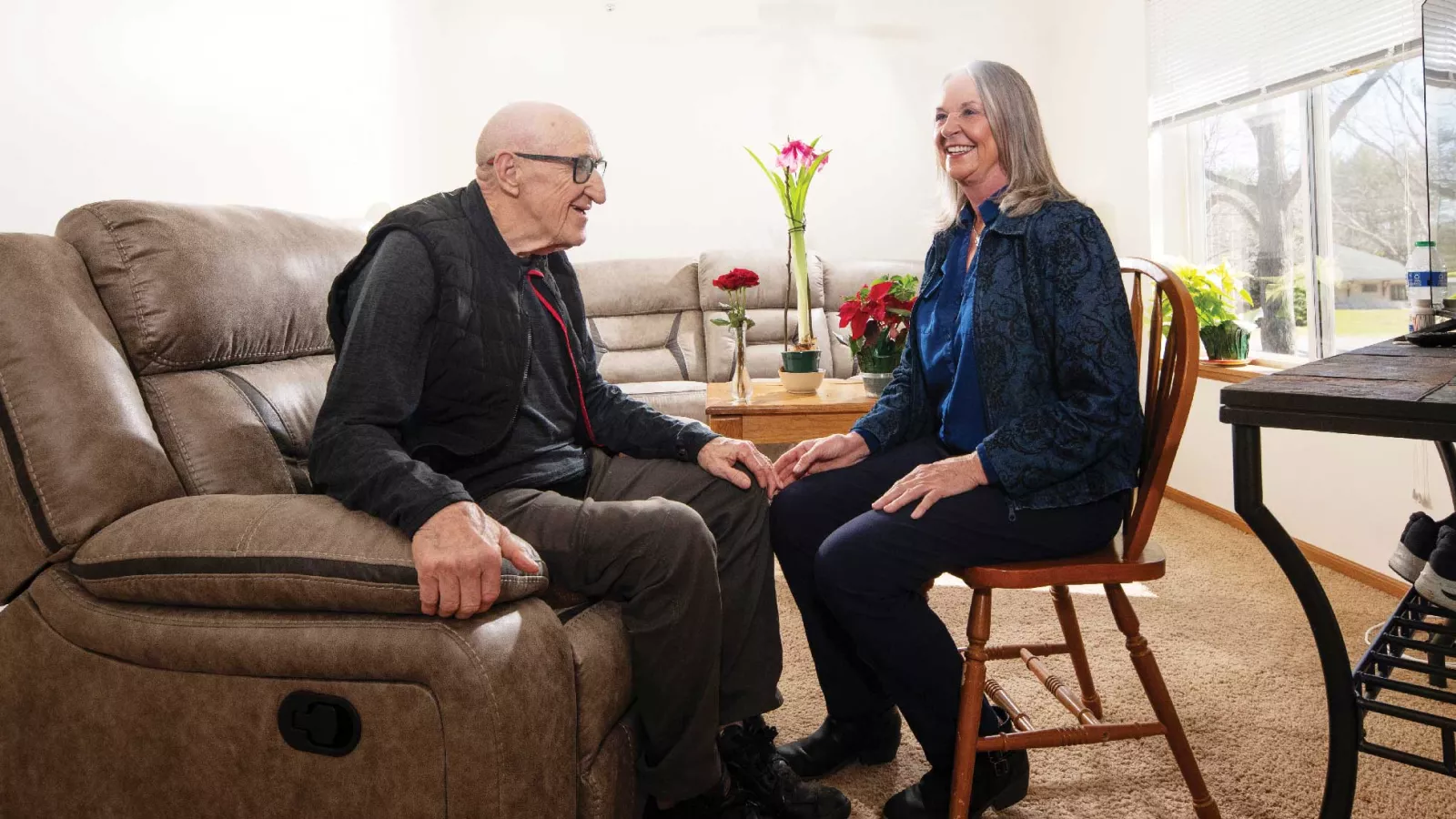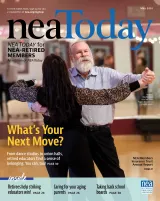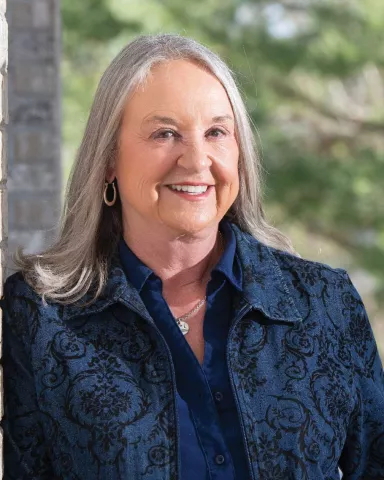
“He often worked 12–16 hours a day, 6–7 days a week. So when he was home, he was mostly exhausted and did not have time for five children,” says Aslakson, a retired computer literacy teacher.
“I was the oldest and was never really close to him. But … I’ve realized that he has a very good sense of humor. I’ve really gotten to know him much better, and I have come to be very protective of him,” shares Aslakson, who lives in Ludington, Mich., a short distance from her father’s apartment in an independent living community. “I’m so glad that I have gotten to see him in a different way.”
She takes her father on weekly shopping trips and to doctor appointments. She fills his pill containers and makes sure he is taking his daily medications. And she just sits with him to keep him company.
Aslakson’s experience is familiar to many retired people today. About 20 million adult children are caring for a parent or in-law, according to Frances Hall, executive director of Adult Children of Aging Parents. And that number is increasing rapidly, according to AARP.
“Parents are living longer–perhaps even long enough that people helping a parent are simultaneously caring for a spouse,” says Kate Granigan, president of the Aging Life Care Association.
“It can be a challenging, frustrating, and confusing time—and more people are facing it.”
While the burden of caregiving should not be shouldered by one person, that is usually what ends up happening. And educators may be more inclined to step into that roll.
“[Educators] have a lot of energy, often have a ‘get it done’ attitude,” Granigan explains. “And they have been in a type of caregiver role as an educator, so they are perhaps more likely to take on a big part of this job.”
“[Being a caregiver] provides time to know a parent better as a person … and to give back to them for the care [they] provided.”
—Frances Hall, executive director, Adult Children of Aging Parents
The tasks required may seem overwhelming.
“It can involve interpreting medical advice and test results, helping loved ones stay engaged physically and emotionally, managing financial affairs, preparing meals, or taking care of housekeeping—and constantly being on alert for when the next shoe is going to drop,” Granigan says, acknowledging that this uncertainty creates anxiety. “Many people in these roles don’t see themselves as caregivers, but they are.”
She points out that families often don’t anticipate or identify future needs early enough and stumble into the role through “caregiver creep.” What begins as an occasional visit or a few rides to the doctor becomes much more responsibility.
Families should determine caregiving responsibilities early and distribute them fairly, Granigan advises.
“All it takes is one fall, one accident, or one diagnosis to send everything into a tailspin and turn a family’s world upside down,” Hall says. “Sometimes critical decisions must be made quickly. Families should do their homework before it is an emergency.”
She adds, “There is something every member can do, regardless of where they live or their circumstances. Caregiving for a parent should be a family effort.”
When a family shares the responsibility and has healthy communication about plans, she explains, it can bring members together and heighten their care and compassion for each other and the older person alike.
Quote byJudy Hinsley , Retired Elementary School Teacher, Missouri
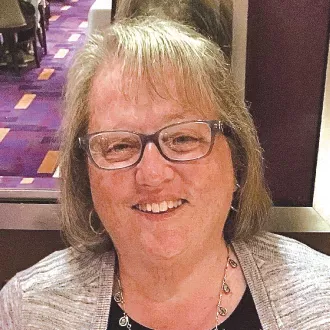
Caregiving can be a healing process
Research shows that people who take care of their aging parents overwhelmingly believe the caregiving journey is worth the difficulties, Hall says.
“[Being a caregiver] provides time to know a parent better as a person … and to give back to them for the care [they] provided,” she explains. “It can allow time for old wounds to be healed and give some caregivers an important sense of purpose.”
Retired teacher Judy Hinsley’s mother lived with her for more than seven years at her home in Saint Charles, Mo., before eventually moving into assisted living.
“It was very valuable to me to help my mother,” says the former elementary school educator, whose mother diedin 1990. “I was there every day. I got involved with the facility and helped with things like bingo nights and other events. I felt good about how I had that time with her.”
After Hinsley’s husband died, in 1990, she also cared for her mother-in-law, until her death in 2017.
Hinsley’s oldest son, Greg, helped with both of his grandmothers—an experience that Hinsley feels was enriching for him. It gave him the chance to know his grandparents better and learn more about their generation, she says.
The shared experience strengthened Judy’s relationship with her son as well.
The time with her mother and mother-in-law was often challenging and draining, but she has no regrets.
“It was probably inevitable for me to be the primary caregiver, and I’m glad it turned out that way,” she shares.
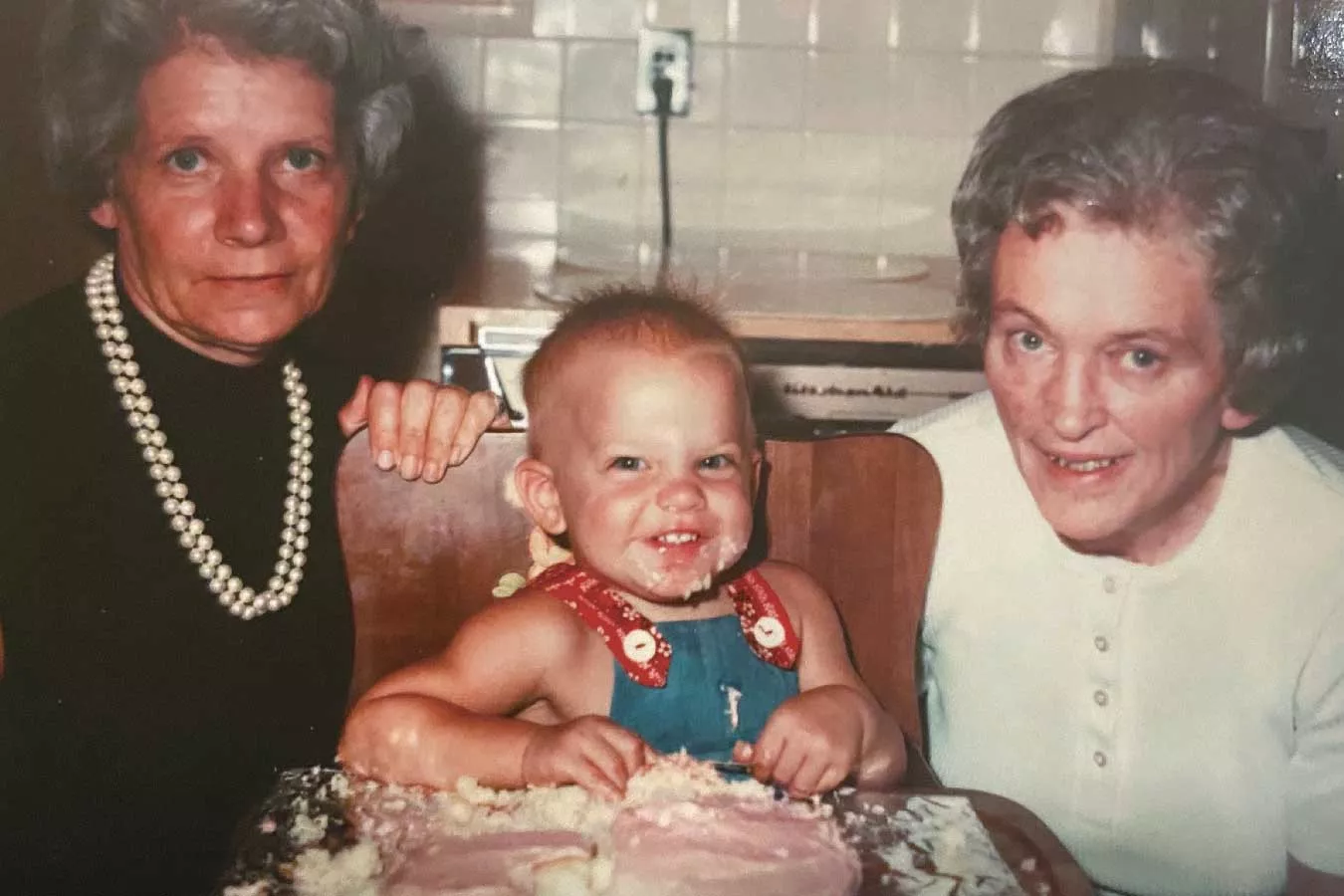
Quote byToni Smith , President, Georgia Association of Educators-Retired
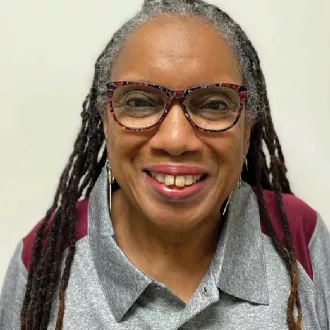
Seeing your family in new ways
“I was so happy to have my family around, so we could all say goodbye when my mother died,” says Georgia Association of Educators-Retired President Toni Smith, who cared for her mother and a disabled sister while also helping with grandchildren near her home, in Covington, Ga.
Smith helped her mother and sister with groceries, doctor appointments, medications, and meals, and often just read the newspaper to her mother each day. Simple routines like this, Hall says, can be the most memorable.
“I really enjoyed time with both of them, but honestly, I don’t know how I did it,” Smith says. “I have to say, it wore me down.”
As Smith’s children stepped in to help, she began to see them in a different light. Even her grandson, who was only 3 years old at the time, seemed to understand that Smith’s autistic sister was struggling. Her grandson connected with her sister by touching her hand—something she would allow no one else to do.
“There were a lot of good moments like that. My daughter was such a big help, and she reminded me that I was only human and that my mother knew I loved her. That was a nice sentiment that touched all three of us.”
Where to Find Help
Caregiving
How to Prepare and Share Responsibilities
Be proactive. Changes can happen quickly in an elderly person’s health and in their ability to care for themselves. While there are often unknowns, families should plan for where the person will go if more care is needed or if the person can stay at home. Questions to consider: What will trigger a move? Will someone come into the house to care for an elder? Who will handle finances or legal issues? Is a will in place and is it clear about the person’s wishes?
Discuss openly. Before a faily member needs assistance, discuss their wishes and needs when it comes to finances, where they will live, and what kind of funeral they wish to have.Don’t avoid talking about the end of life, just because it’s difficult. Having a plan can help you and your older family member feel more peaceful.
Understand the aging brain. Older people are sometimes less patient and more obstinate. Most become a bit more forgetful and confused. Be patient and keep an open dialogue.
Monitor mental health. If you are concerned that a family member is impaired to the extent that it impacts the person’s judgment, seek a professional assessment. Keep an eye out for memory, cognition, depression, and anxiety issues.
Document decisions. Put all agreements in writing. It may seem awkward, but memories fade and people change their minds.
Establish roles early. Before decisions have to be made, determine which decisions can be made by individuals and which should be made by a group of family members or others. Also determine who will take care of legal and financial concerns, groceries, transportation, and other needs.
Don’t demand, ask. “Older people have been making decisions all their lives, and they can make many, if not most, for themselves now. Change is difficult, but it is much easier to accept if the older person is involved in the decision,” says Kate Granigan, president of the Aging Life Care Association. “Don’t worry if the house isn’t quite as clean, for instance, if they are safe.”
Ask for help. “Don’t feel guilty if you can’t do it all,” says Georgia Association of Educators-Retired President Toni Smith, who cared for an aging mother and a sister who was disabled.
Set boundaries, too, Granigan advises. “You have to sometimes say no to the person needing care and ask others to step in and help.”
Learn about health care. Designate a family member or close friend to be responsible for health care. That person should understand the person’s health concerns, medications, and health insurance, and identify the best professionals to meet the person’s needs.
This area is too often overlooked or left in the hands of the elderly person, who may lose track. Improper use of medications or not taking them at all is a major problem, Granigan points out.
A positive approach. People needing care will likely experience stress and anxiety and may not be themselves. Lifelong battles among family membersand money issues frequently surface as well.
Recognize that all of this is uneasy territory, and everyone should try to work together for the best outcome.
Get more from


